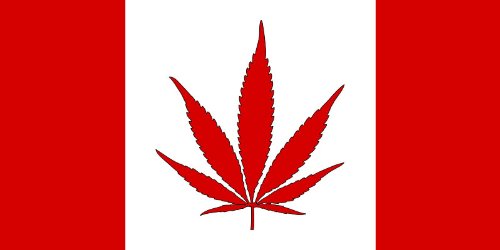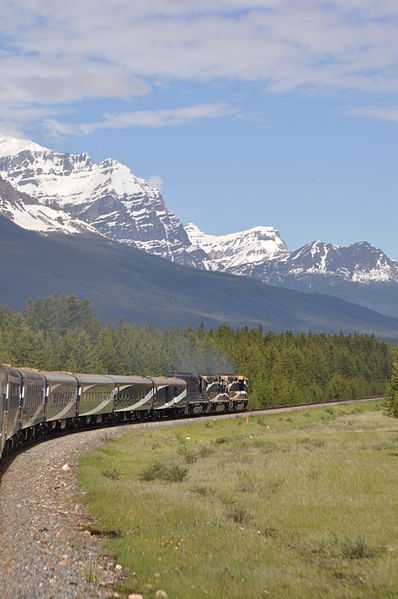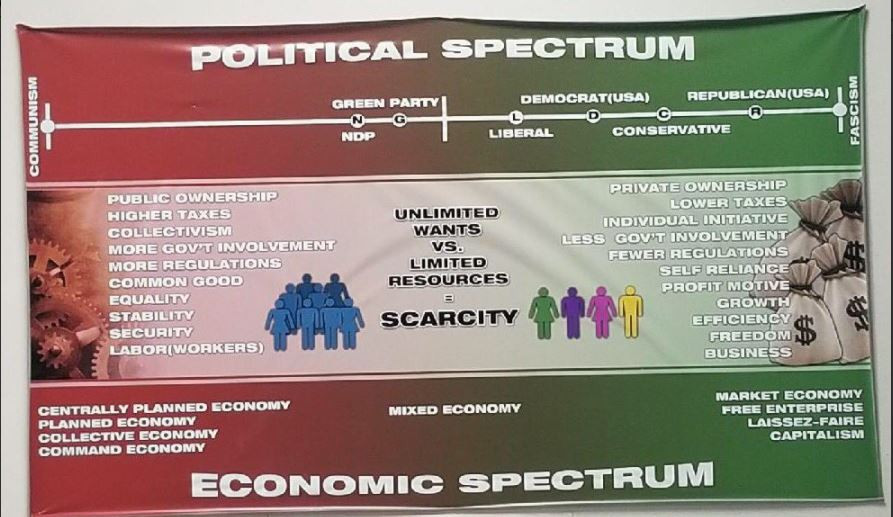Colby Cosh finally gets to take a victory lap:
On Thursday the marijuana company Sundial Growers held a ribbon-cutting for its new grow-op in the Alberta town of Olds. I am not sure whether “grow-op” is an acceptable word in the new setting of giant legal cannabis cultivation facilities, but let’s stick with it, if only to call attention to the extraordinariness of what we are witnessing this month in Canada. The launch was held in a small office, and Sundial only received its cultivation licence from Health Canada on Sept. 14, but the first fruits of its pot business are already budding in a room nearby.
The company intends to have a 500,000-square-foot growing facility built in 2019, but its press release points out that it can add more space quickly. I might have been stopped short by the spectacle of the mayor and the (United Conservative) MLA rejoicing as a CEO explained the details of his craft weed business and remarked on plans for a “Sweet Jesus” varietal. But what really struck me is something the mayor said: When the company is up and fully running, he observed, it is going to hire 500 people in Olds, becoming the town’s largest single employer. Olds is, of course, home to Olds College, a century-old agriculture and food research institute: this was a major reason for the new marijuana industry to locate there.
How long ago would this scene — being played, as it is, in a naturally conservative part of the Alberta hinterland — have seemed like science fiction or parody? The Sundial facility is dwarfed by the 800,000-square-foot Aurora Sky factory, strategically located near Edmonton’s awkwardly remote international airport in the suburb of Nisku. Everyone who has ever tried to flee Edmonton or come to it through that airport has complained about its preposterous distance from the capital’s downtown, but this turns out to have an unimagined advantage. You can build a spacious agri-pharmaceutical facility at low cost practically next to the runway, establish an ultra-secure, ultra-short supply chain, and presto hemp-o: overnight response to a worldwide medical market for cannabis products becomes a snap.
I am someone who is entitled to a victory lap for having insisted years ago that we were not, as a country, properly imagining the dimensions of a legally unleashed cannabis industry. We had no idea how much economic activity was being annihilated by a perverse, illogical feature of criminal law. Maybe it is time, as Finally Doing The Obvious Thing Day nears, for me to take that victory lap.








